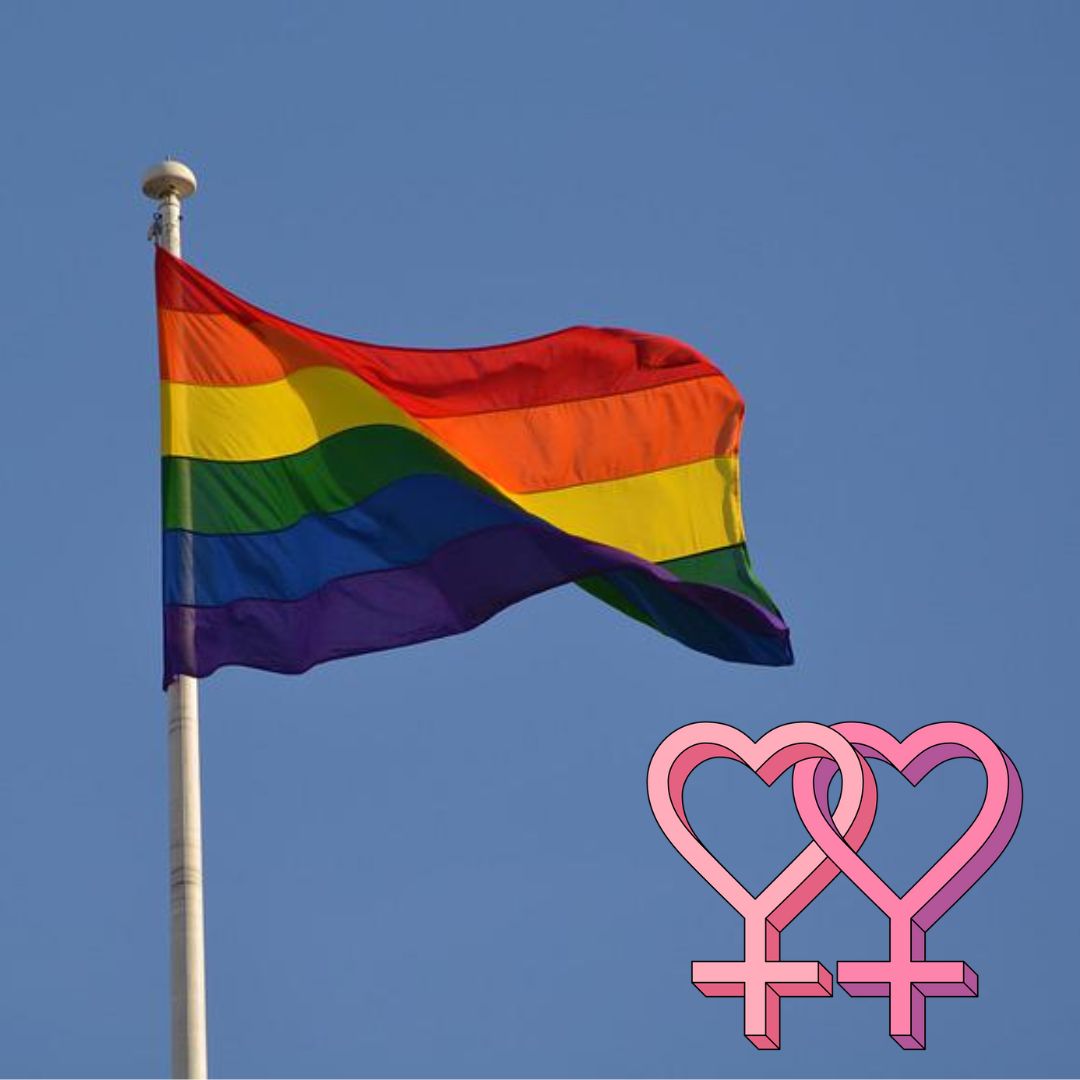From 1861 To 2018: Looking Back At India's Struggle To Repeal Section 377 That Allows Living And Loving Freely
Writer: Ronit Kumar Singh
A confident and reliable journalist who always desires to toss the unheard voices. I cover politics and governance extensively through stories.
India, 8 Jun 2022 11:43 AM GMT
Editor : Snehadri Sarkar |
While he is a massive sports fanatic, his interest also lies in mainstream news and nitpicking trending and less talked about everyday issues.
Creatives : Ronit Kumar Singh
A confident and reliable journalist who always desires to toss the unheard voices. I cover politics and governance extensively through stories.
On September 6, 2018, a five-judge bench of the Supreme Court made a landmark judgement to repeal Section 377, which criminalises same-sex relations and intercourse.
Earlier in 2018, heterosexuality in India was an offence in front of a court of law. Section 377 in Chapter XVI of the Indian Penal Code (IPC) criminalised same-sex relations and intercourse as an 'Unnatural Offence.' The punishment for the offenders was either imprisonment or a fine or both in some cases. The law says, "Whoever voluntarily has carnal intercourse against the order of nature with any man, woman or animal shall be punished with imprisonment for life, or with imprisonment of either description for a term which may extend to ten years, and shall also be liable to fine."
"Good Things Take Time." On September 6, 2018, after a series of unsuccessful attempts made to repeal Section 377 for decades, a five-judge bench including Chief Justice of India Dipak Misra and Justices A M Khanwilkar, Fali Nariman, Indu Malhotra, and D Y Chandrachud of the Supreme Court (SC) made a landmark judgement to repeal the Section 377 which criminalises same-sex relations and intercourse. Along with the judgement, SC added that the right to love is a choice of an individual, and as a result of this, consensual sex between adults is not a criminal offence. The court verdict came as a tear of joy for all LGBTQ+ community members. It took independent India more than 70 years to pull out the unwanted law of the British ruling.
Looking Back In The History: Sec 377
1861: The British Raj introduced section 377 during this year. The draft for this section was constituted long back in 1838 by Thomas Macaulay and later brought to immediate effect in 1861. This act was ideated from the Buggery Act of 1533, which says 'buggery' is an unnatural act of sex against the principle of nature and God.
1994: Challenging the constitutionality of Section 377, the AIDS Bhedbhav Virodhi Andolan (ABVA) filed the first-ever petition in the Delhi Court. The petition was filed to challenge authorities of prison for banning condom distribution.
1998: Director Deepa Mehta brought a movie named 'Fire' starring Nandita Das and Shabana Azmi. The film depicted a lesbian relationship which became controversial after release, and some organisations and private entities staged a protest against the movie's release.
2001 and 2004: An NGO called Naz Foundation challenged the validity of Section 377 in the Delhi High Court (HC). The court then dismissed the Public Interest Litigation (PIL) in 2004.
2006 and 2009: The SC directs the Delhi HC to hear the case. Following this, the court revealed its verdict in 2009 and termed Section 377 a violation of the fundamental rights constitutionally guaranteed to all the citizens of the country. After the judgement, many groups reached the apex court for direction against the Delhi HC verdict.
2013: The 2009 verdict sets aside by the Supreme Court of India. In a statement, the court mentioned that it's a duty of the parliament when it comes to the scrapping of laws.
2016 and 2017: The SC passes the pleas on homosexuality to a five-judge bench. In 2017, the SC mentioned that fundamental rights provide a framework for the right to privacy as mentioned in the constitution.
2018: On July 10, a five-judge bench began hearing pleas challenging the validity and constitutionality of Section 377. On September 6, the court's verdict to repeal Section 377 brought a moment of joy among several.
Court Clarifies 2013 Verdict
The court, in its verdict, added that LGBT community members also have fundamental rights the same as others. The then Chief Justice of India, Dipak Misra, observed that criminalising same-sex intercourse is indefensible. In 2013, when the two-judge bench of SC reinstated Section 377, the SC said, "The High Court overlooked that a minuscule fraction of the country's population constitutes lesbians, gays, bisexuals or transgender people and in last more than 150 years, less than 200 persons have been prosecuted for committing an offence under Section 377," reported LiveMint.
Many scholars and even law practitioners claimed then that Section 377 of the Indian Penal Code is invalid in contrast to the constitutional rights mentioned in articles 14, 15, 19, and 21. In 2015, Indian National Congress MP Shashi Tharoor brought judgment a Private Member's Bill to the lower house in light of the 2015 Delhi High Court judgment. The bill intended to decriminalise homosexuality which the other members of the parliament later voted down.
NALSA Case Judgement of 2014
The NALSA (National Legal Services Authority) case judgement came to light in 2014 when a two-judge bench of the Supreme Court of India recognised 'transgender people' as the 'third gender.' The court affirmed that the fundamental constitutional rights are also applicable to transgender people. The NALSA judgement gave them the right to self-identify their gender as female, male or others. They were set free to seek political, economic and legal rights in a court of law.
However, the struggle of transgender community members doesn't end with the decriminalisation of section 377. In India, many such people face day-to-day challenges, and they step forward every day with the hope of a better situation. In recent times, many transgender activists tossed the need for an educational code of standards for their community. Still, some trans people face inequalities in the shadow of health, education and employment. The historic NALSA judgement is celebrated, which affirmed several rights, including self-determination. But then also the trans beggars and sex workers have to face the administration's brutality. The history of equality and impartiality is celebratory, but the aftermath is sorry.
Also Read: Telangana: 'First Of Its Kind' Theme Park For Women And Children Opens In Hyderabad
 All section
All section















